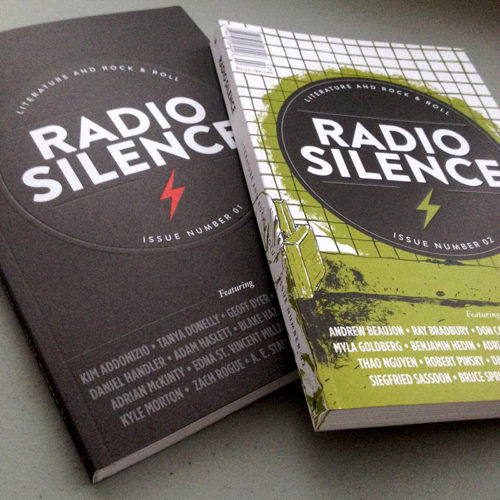
And it’s then I realized that I had a whole wrong impression of what it meant to actually listen. And while I lay there, and the thunder echoed through the valley, and I could hear the crickets, I just simply took it all in. Except on my way to graduate school one time I simply pulled over - making the long drive from Seattle, Washington, to Madison, Wisconsin - pulled over in a field to get some rest. I grew up thinking that I was a listener. Hempton: Well, I did actually, acoustic ecology didn’t even exist as a field. But you started doing that when you were living in a city, in Seattle. I am also, though, very intrigued when I look at your story, that you headed in this direction of becoming an acoustic ecologist, which - on its own, those two words, I think, are so intriguing and lovely. We’re going to spend some time there, I mean, in our conversation. Tippett: And we’re going to go back there. It has the world’s tallest trees, over 300 feet high, and it’s there that the least amount of noise pollution intrudes of anywhere else in the United States. I don’t go to church that’s inside of buildings, but I do go to church that’s outside, and my favorite church of all is what I call the cathedral of the Hoh Rain Forest, at Olympic National Park. I really can’t say that I’m religious today, although I am spiritual. But I would have to say that sitting in church, I really had a hard time listening to the words, but I did enjoy listening to one thing, which is that everybody was coming together for a single purpose. And so that meant that every Sunday morning, I woke up and had to take that dirty pair of shoes that I always wore to school and then put a fresh layer of shoe polish on them and then go to church.

Hempton: Well, I was raised Episcopalian. Was there a spiritual tradition or a religious tradition in your childhood, in your upbringing? And then, once you get over the rim of the volcano, you begin to pick up what I call the mantra of the islands, and that’s the distant beating of that drum called the Pacific Ocean. The measurement of decibels actually goes into the minus point, but there still is a sense of presence, of where you are. And I did not revisit the location until 1990, when all of a sudden I discovered that I had all these primal impressions of what it’s like to be home in nature: the smells of Hawaii, the sounds of the surf, of all the places that I’ve recorded in Hawaii - and I’ve recorded all the islands in Hawaii, for an exhibit on endangered species for the Smithsonian Institution, because Hawaii, unfortunately, has the title of highest density of endangered species.īut I found the sound that I enjoyed most was the sound of the silence in the volcano. And then we moved away when I was 4 years old. Yeah, the place of Hawaii, a place that I’ve recorded many times in my life, is - the first experience I had was when I was 6 weeks old. Hempton: Oh, there definitely is, and that is Hawaii. Tippett: So there wasn’t really - there’s not really a place where you - which felt like a center of gravity, even with all that moving.

So by the time it was my chance to go to college, that’s when I decided I’d fill the space in-between, by going to the Midwest, the University of Wisconsin. Hempton: As a child, I was a member of a military family started out in Southern California, then went on to Hawaii, then back to California before going to Washington, D.C., Seattle, San Francisco, and then I can say about a dozen other places before I got out of high school. Where did you grow up? I didn’t see that anywhere. And Gordon Hempton may have invented “silence activism,” the other animating passion of his life. His work appears in movies, soundtracks, video games, and museums. He’s recorded inside Sitka spruce logs in the Pacific Northwest, thunder in the Kalahari Desert, dawn breaking across six continents. Gordon Hempton lives between Port Townsend and Joyce, Washington, near Olympic National Park, a place he calls “the listener’s Yosemite.” I spoke with him in 2012. I’m Krista Tippett, and this is On Being.

And now I think we’re realizing quiet is important, and we need silence that silence is not a luxury, but it’s essential. Gordon Hempton: Not too long ago, it was assumed that, eh, clean water’s not important, that seeing the stars is not that important. The Earth as Gordon Hempton knows it is a “solar-powered jukebox.” Quiet is a “think tank of the soul.” We take in the world through his ears. He defines real quiet as presence - not an absence of sound, but an absence of noise. He’s an acoustic ecologist a collector of sound all over the world. Krista Tippett, host: Gordon Hempton says that silence is an endangered species.


 0 kommentar(er)
0 kommentar(er)
